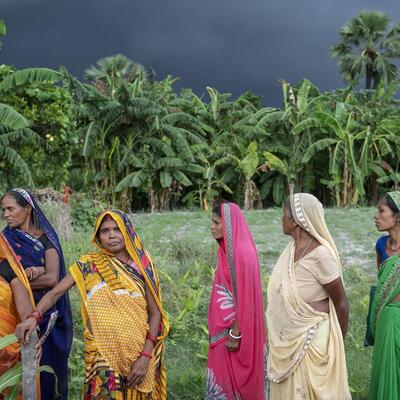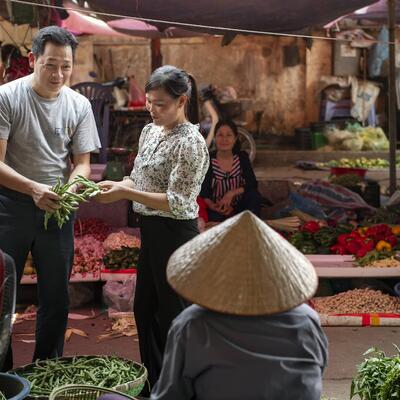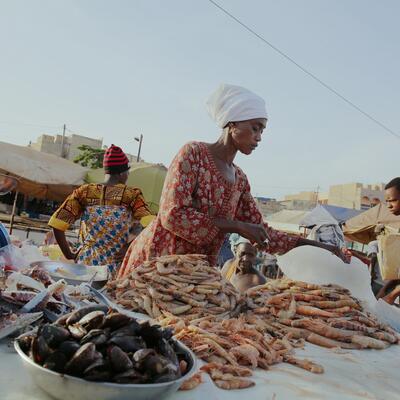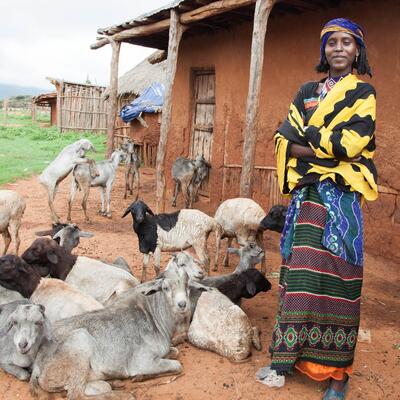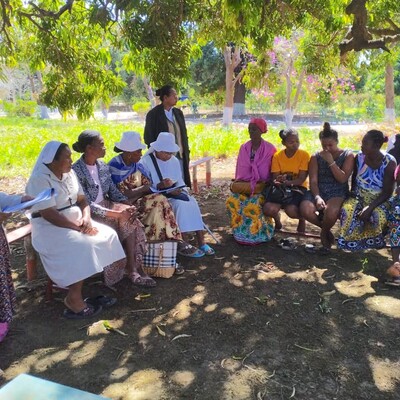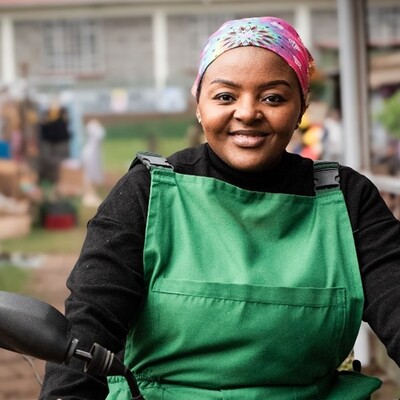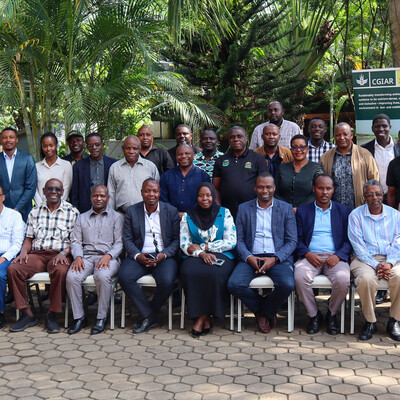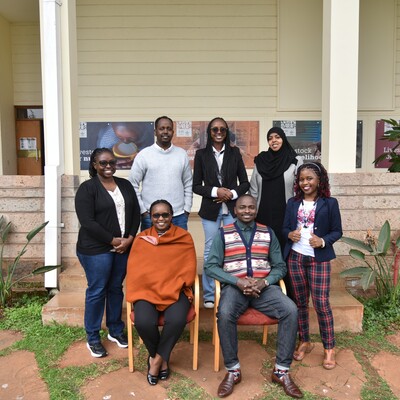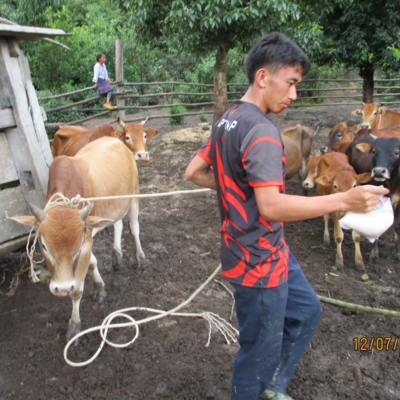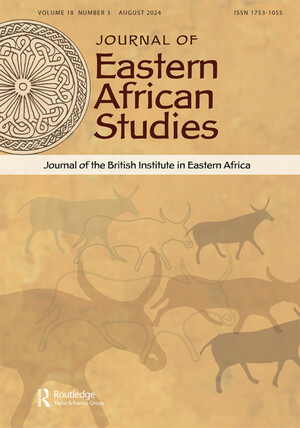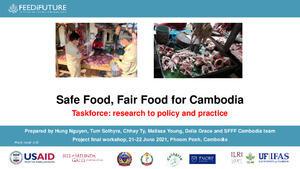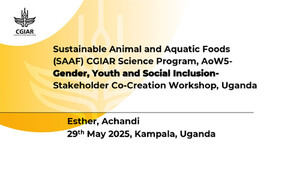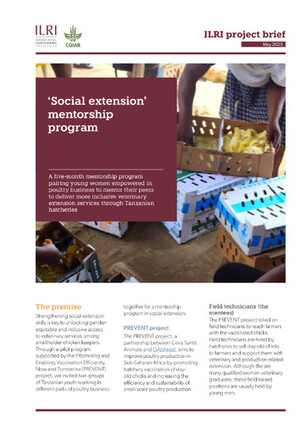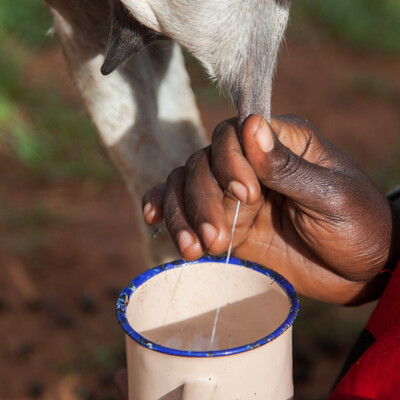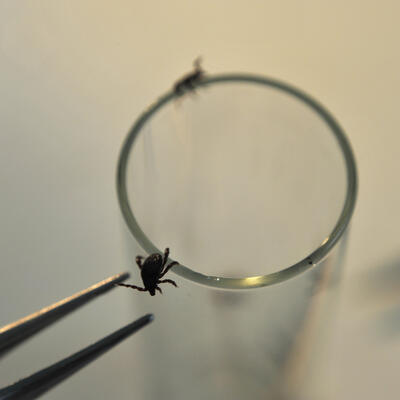ILRI research contributes to the CGIAR impact area on Gender equality, youth & social inclusion.
On average, women make up 43% of the agricultural labor force in low- and middle-income countries, yet their access to resources, rights, and services is limited, holding back prosperity for all.More than 85% of the world’s 1.2 billion youth live in low- and middle-income countries, where many face limited opportunities for employment or entrepreneurship. Improving the lives and livelihoods of women, youth, and other marginalized groups is vital for equitable, productive, resilient and sustainable food systems.
Browse research initiatives that contribute to this impact area.














